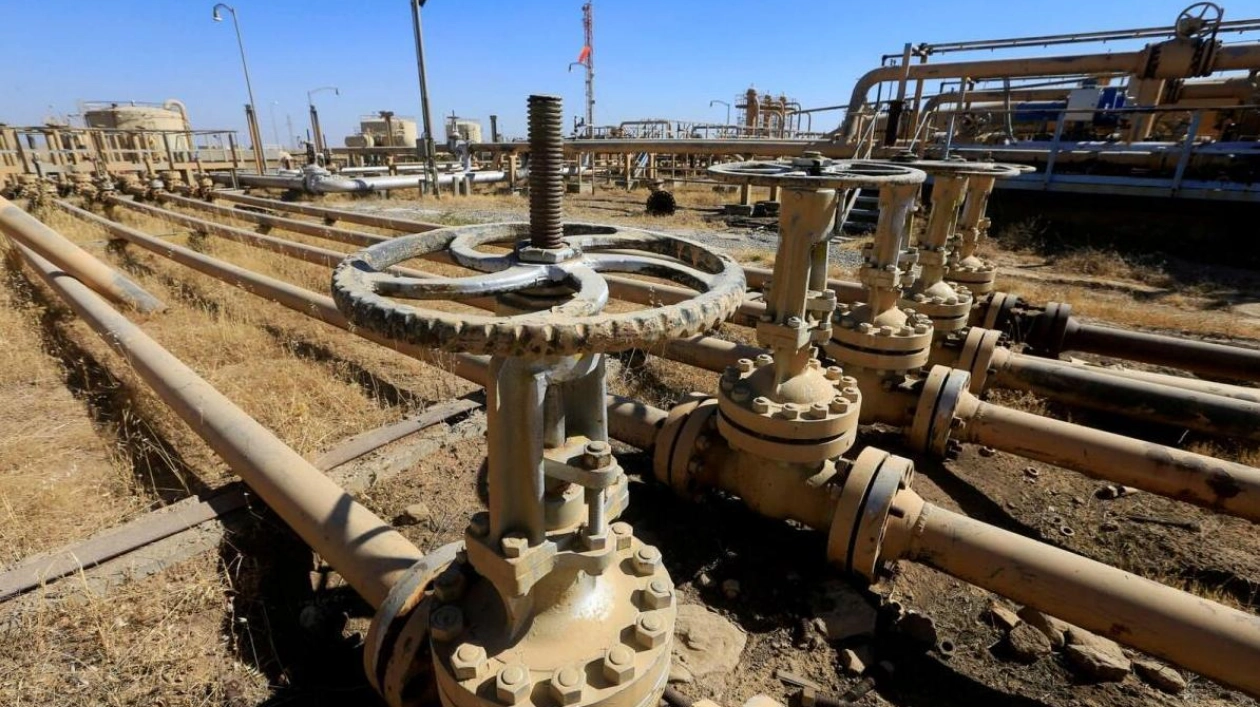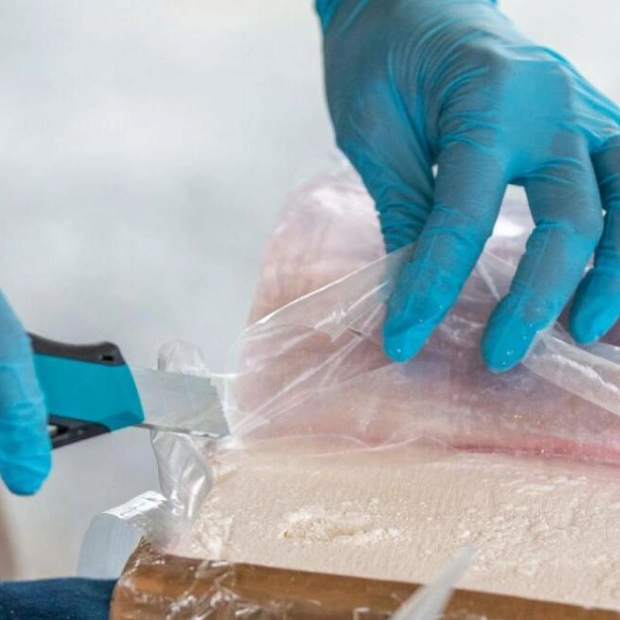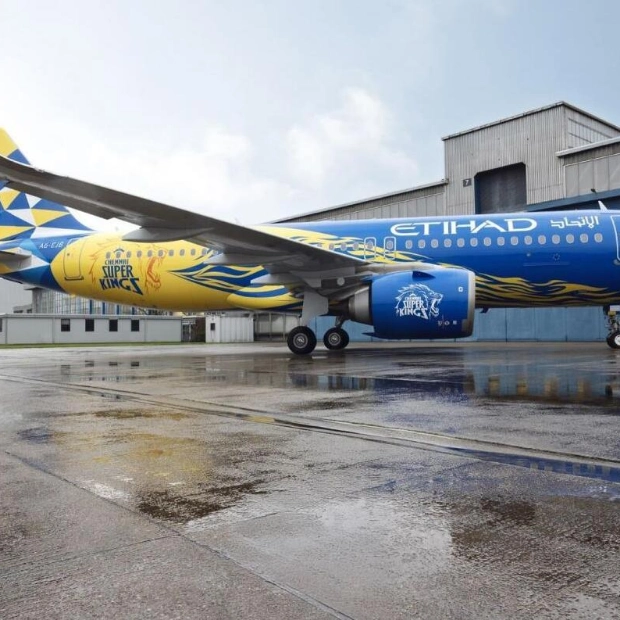Iraq is set to share profits with BP from the development of its vast Kirkuk oil and gas fields, according to two officials who spoke on Tuesday. This move signals a shift from low-margin service contracts to accelerate production growth and attract Western oil majors back to the country. In recent years, several oil majors, including BP, have sought opportunities in countries offering more favorable terms, citing dissatisfaction with Iraq's traditional service contracts that provided a fixed rate per barrel after cost reimbursement, which limited their profits during periods of rising oil prices.
Iraq and BP, returning after nearly five years, recently signed a preliminary agreement to develop four oil and gas fields in northern Iraq's Kirkuk region. BP estimates that the Kirkuk field contains approximately 9 billion barrels of recoverable oil. The two oil ministry officials informed Reuters that the contracts for developing the Kirkuk, Bai Hasan, Jambour, and Khabbaz fields will adopt a profit-sharing model. BP has not provided further comments beyond its August 1 statement regarding the preliminary deal.
The officials, speaking anonymously due to lack of authorization to talk to the media, revealed that the oil ministry and BP are likely to sign a confidentiality agreement this week. Following this, Iraq will provide BP with the data package for the four fields and their installations. A final agreement is anticipated by the end of this year, with BP previously indicating that negotiations over the preliminary agreement could conclude early in 2025.
BP and the Iraqi oil ministry had signed a letter of intent in 2013 to study the development of Kirkuk. However, this initiative was suspended in 2014 as the Iraqi military faltered against the Islamic State's advance, leading the Kurdish Regional Government (KRG) to seize control of the Kirkuk region. Baghdad fully regained control in 2017 after a failed Kurdish independence referendum, prompting BP to resume its studies on the field. Despite this, BP withdrew in late 2019 after its 2013 service contract expired without an agreement on the field's expansion.
Iraq, the second-largest producer in the Organization of the Petroleum Exporting Countries behind Saudi Arabia, has the potential to produce nearly 5 million barrels per day. Kirkuk, discovered in 1927 and considered the cradle of Iraq's oil industry, currently produces about 245,000 barrels per day, as stated by the officials. BP has indicated that through rehabilitating existing facilities, constructing new ones where necessary, and implementing other measures, it could stabilize production and reverse the decline at Kirkuk.






